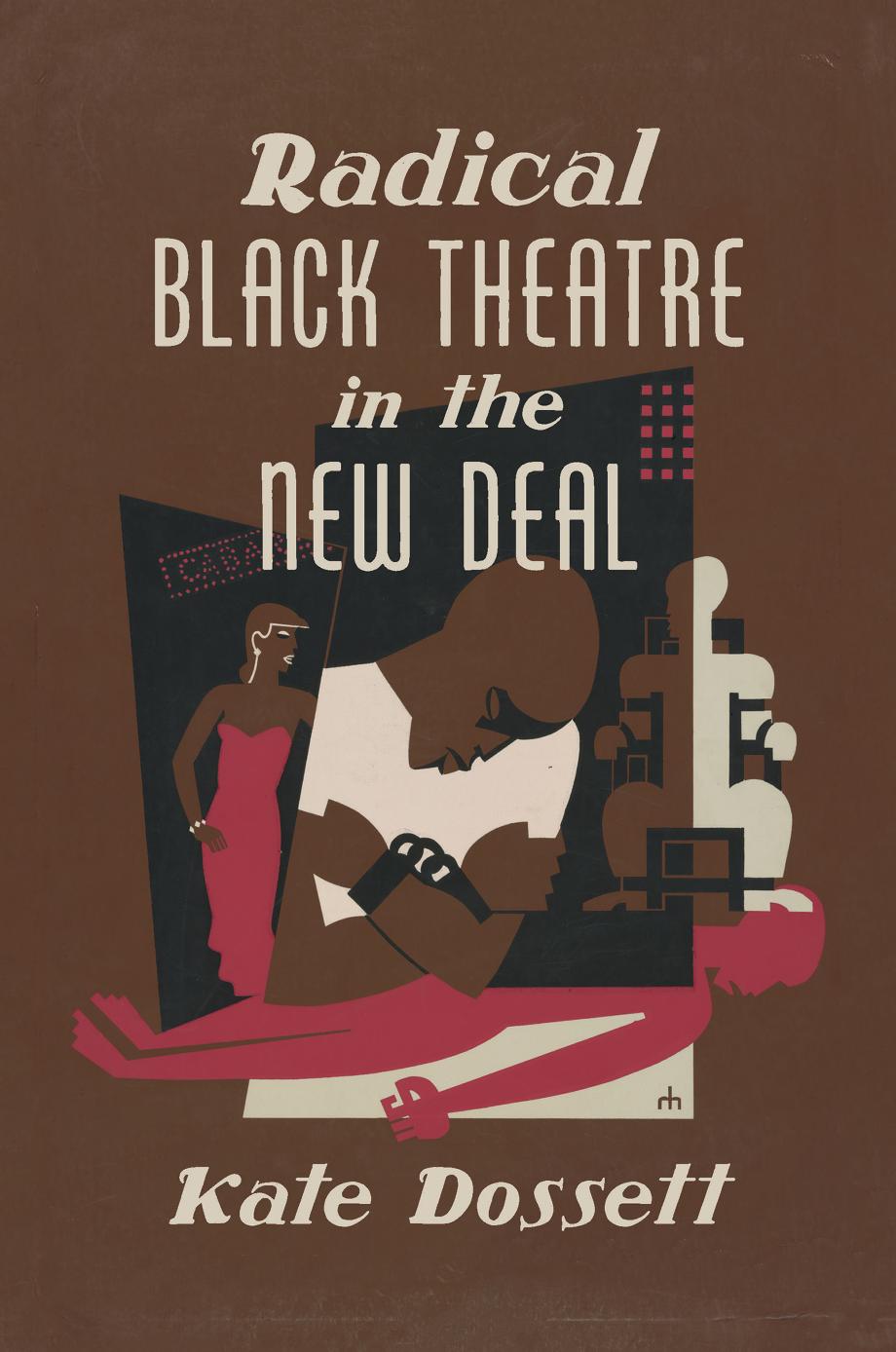Radical Black Theatre in the New Deal by Kate Dossett

Author:Kate Dossett
Language: eng
Format: epub, pdf
Publisher: The University of North Carolina Press
Resisting Communist Plots
Ward rejected attempts to pigeonhole Big White Fog as a communist drama. “No impartial critic or writer or historian can say that Big White Fog advocated Communism,” he declared in a 1976 interview.9 In the 1970s Ward frequently argued that Big White Fog was a drama that explored the complexity of the black experience, rather than a play that revealed the solution to racial problems. In a chronological index to his works, Ward suggested that “what the play discloses is the obscurity of the outlook of black America in its pursuit of freedom in America.”10 The positioning of Big White Fog in the 1960s and 1970s reflects the arc of domestic anticommunism and its impact on historical accounts of the 1930s. In the postwar period, the Federal Theatre would be swept up into a broader narrative that depicted social justice movements of the 1930s as part of a communist conspiracy to undermine the American way of life. It is important that Big White Fog’s reputation as a communist play was not cemented until the late 1960s when scholars such as Doris Abramson began to examine the black dramas of the Federal Theatre. Ward repudiated her analysis: “I don’t think she understood what Big White Fog was about.… she thinks I was advocating that the Negro should go Communist … it was twisted around because a Communist boy was in the play and the son is being led towards Communism.”11 The appearance of “Communists” on stage in the final scene of Big White Fog has been crucial to analysis of the play in the late twentieth and twenty-first centuries. It is almost as if every character in Ward’s play—even those hostile to the left—are tainted by association with the handful of reds who enter the stage in the climactic last scene.
At this stage an outline of the plot is required to explain why it is that a drama that critiques Garveyism, capitalism, and communism, is so frequently analyzed solely in terms of its apparently “pro-Communist” ending. Victor Mason is the tragic hero of Big White Fog. Trained in agriculture at Tuskegee Institute, Vic can find no homestead to support his family in the South. Like many black southerners in search of better opportunities, he moves to the urban North. Vic’s experiences of racial discrimination in Chicago lead him to Marcus Garvey and the UNIA where he finds a respect and hope seldom available to black men in America. When his son Les loses his college scholarship on account of his race, Vic is moved to invest the family savings in the faltering black nationalist organization. Without savings, the Mason family struggle when the Depression hits and Vic is temporarily laid off due to a construction strike. His wife, Ella, becomes increasingly critical of his failure to bring home a family wage and resentful of the sacrifices her children must make in order to fulfill their father’s Garveyite dream. Though the wages of their eldest daughter, Wanda, keep the family
Download
Radical Black Theatre in the New Deal by Kate Dossett.pdf
This site does not store any files on its server. We only index and link to content provided by other sites. Please contact the content providers to delete copyright contents if any and email us, we'll remove relevant links or contents immediately.
| African-American Studies | Asian American Studies |
| Disabled | Ethnic Studies |
| Hispanic American Studies | LGBT |
| Minority Studies | Native American Studies |
Cecilia; Or, Memoirs of an Heiress — Volume 1 by Fanny Burney(32549)
Cecilia; Or, Memoirs of an Heiress — Volume 2 by Fanny Burney(31948)
Cecilia; Or, Memoirs of an Heiress — Volume 3 by Fanny Burney(31932)
The Great Music City by Andrea Baker(31917)
We're Going to Need More Wine by Gabrielle Union(19035)
All the Missing Girls by Megan Miranda(15962)
Pimp by Iceberg Slim(14489)
Bombshells: Glamour Girls of a Lifetime by Sullivan Steve(14058)
For the Love of Europe by Rick Steves(13948)
Talking to Strangers by Malcolm Gladwell(13350)
Norse Mythology by Gaiman Neil(13349)
Fifty Shades Freed by E L James(13233)
Mindhunter: Inside the FBI's Elite Serial Crime Unit by John E. Douglas & Mark Olshaker(9324)
Crazy Rich Asians by Kevin Kwan(9280)
The Lost Art of Listening by Michael P. Nichols(7494)
Enlightenment Now: The Case for Reason, Science, Humanism, and Progress by Steven Pinker(7306)
The Four Agreements by Don Miguel Ruiz(6745)
Bad Blood by John Carreyrou(6612)
Weapons of Math Destruction by Cathy O'Neil(6267)
